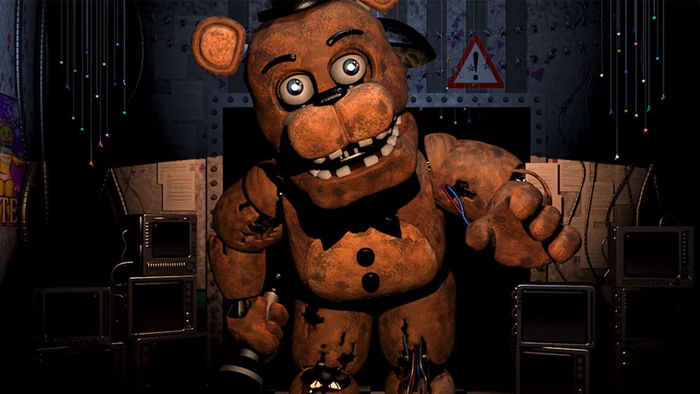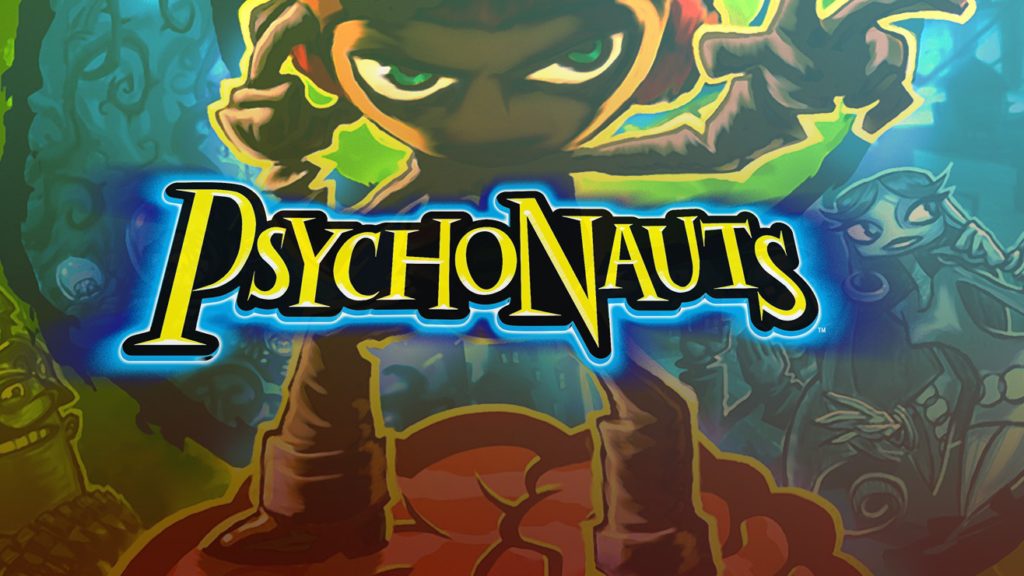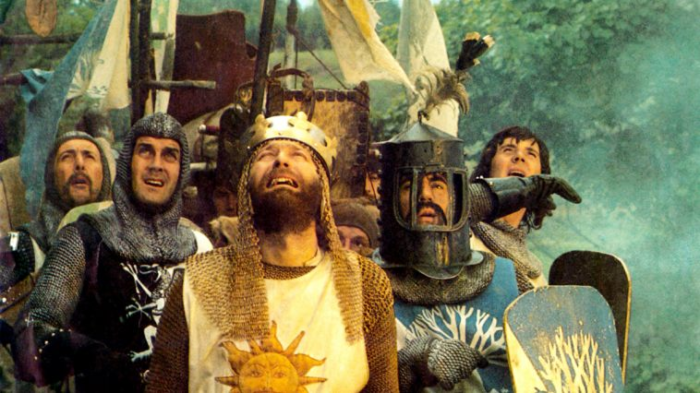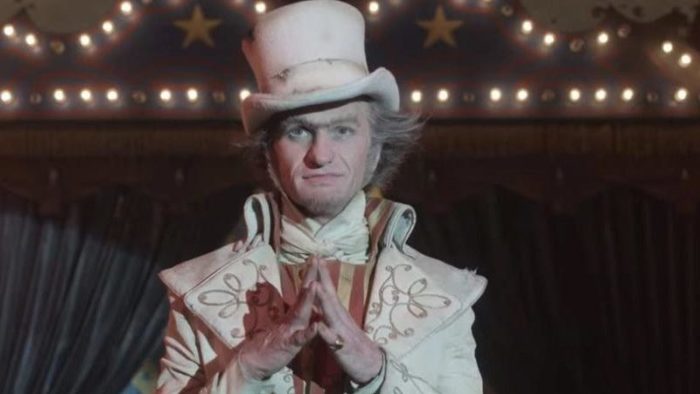A little bit of Kara History: I was a young teen just as Geocities was getting underway. You know, the version with “neighborhoods” and 4-digit addresses? I had three of those. One was dedicated to a fan site for Robin Williams, who was — and remains — my absolute fave. At the time there was no such thing as “official sites” for celebrities, so I did my best to create a repository of knowledge for fans until such time as this happened.
This ended up including whatever news I could find on upcoming film and TV projects, and boy was that rough. There was no such thing as social media, and the concept of an “online marketing campaign” was still to come, so early entertainment news was a lot of dead ends and guessing. The number of “Development Hell” entries there were on my page was staggering, likely because we hadn’t learned yet that “I’d like to do this someday” doesn’t count as a business deal. And on top of that, the concept of an official website for a film was downright novel.











